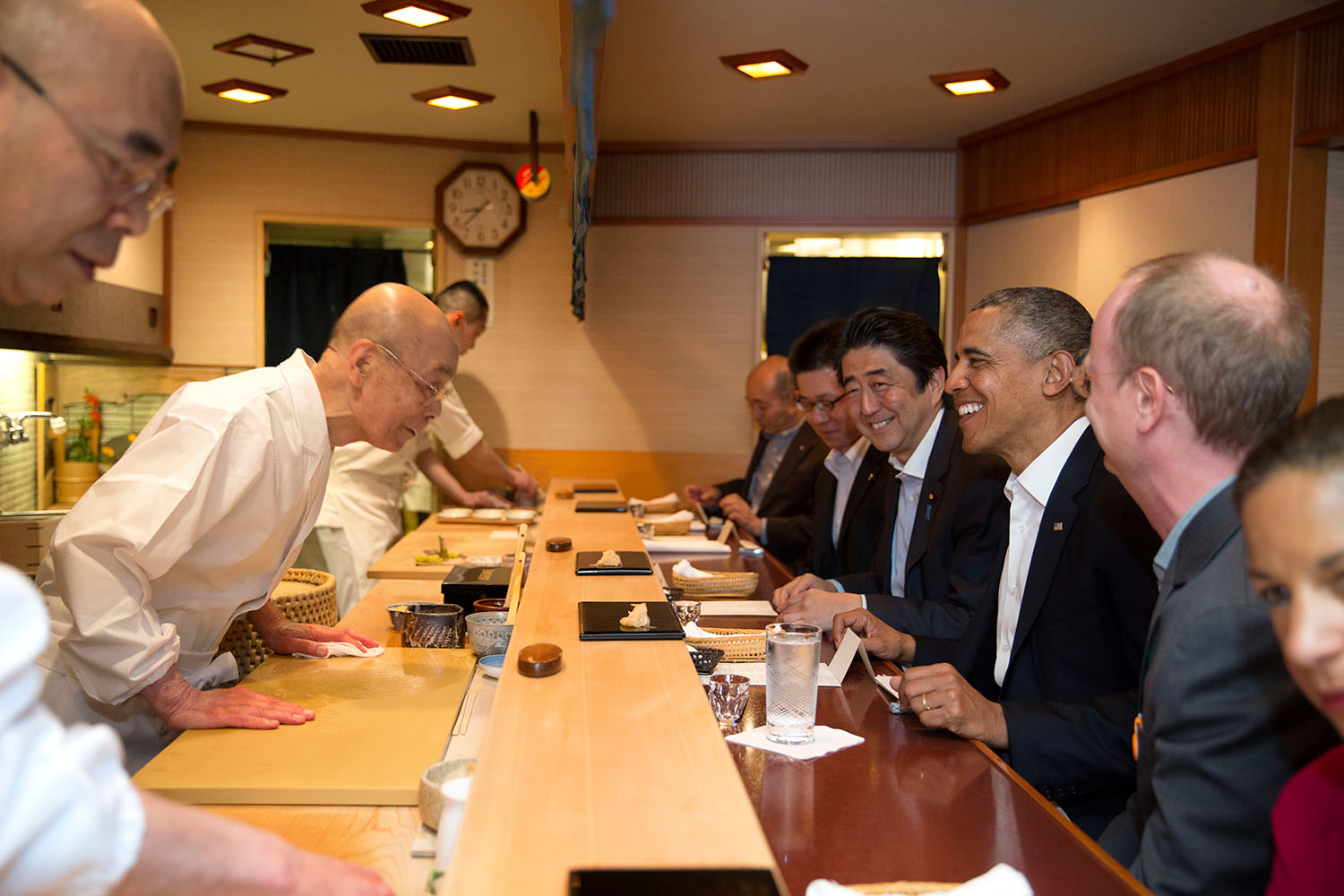 BBC News
BBC NewsBorrowing was £17.4bn last month, the second highest October figure since monthly records began in 1993.

As Costeau was hunkered down on lockdown eating another sushi Deliveroo, it suddenly came unbidden that the marvellous documentary Jiro Dreams of Sushi is now 10 years old.
This proves a useful excuse to discuss what is not only the greatest movie about sushi, but perhaps one of the great movies about work. The film follows Jiro Ono, an Itamae (or sushi masterchef), in his quest to make the perfect sushi: it is a tale of waking obsession about how to get better at something. Insodoing it documents a rare work ethic, and shows us the complex business of running a great restaurant. It is a film which would be as much value to an HR manager as to a budding chef: the film shows not just how to work hard yourself but how to instil those habits in those around you.
Interestingly, Jiro is in the Guinness Book of Records as the oldest chef to win three Michelin stars. Part of what the film shows is the importance of bedding in for the long haul. Even an apparently small corner of life like sushi turns out to be endlessly intriguing if you only look at it with the right degree of curiosity. As Jiro says at the beginning of the film: ‘Once you decide on your occupation, you must immerse yourself in your work.’
In one sense, this feels like a peculiarly Japanese lesson. It was the Japanese painter Hokusai who said: “At 90, I will enter into the secret of things. At 110, everything – every dot and dash – will live.” Jiro is like this with sushi. Jiro is 85 in this film, has since made sushi for President Barack Obama, and is 96 at the time of writing.
Behind every great career, there is clarity of thinking: to make a good choice, and then come in behind that choice with years of graft. This film also reminds us that at the start of our lives, we face a simple choice about whether to seek excellence or to coast. As Jiro points out, to change the world, you need to have talent. And then it’s just a question of whether you work hard.
This film shows not just Jiro’s work ethic, but the effect of that ethic on his sons, who must struggle to follow in his footsteps. Each admits that in the beginning, they hated their apprenticeship, since their father took such a hard line, in the belief that graft is ultimately meaningful, even in its way liberating. There is the occasional hint of generational disparity as young Japanese people fail to take on the heritage that Jiro has created.
There are amusing moments. Jiro says young people want a lot of spare time and they want a lot of money. But for Jiro, this is not the way to live: he has stated that he dislikes holidays because it makes him itch to get back to work. Some of the apprentices in the film have reportedly left Jiro’s tutelage after a very short period – sometimes after only one day.
We are left in no doubt that it would have been better for them to stay. In one marvellous moment, we hear from Jiro’s apprentice as he learns how to whip tamago (egg sushi) after four months of continually getting it wrong. Finally, Jiro tastes his latest effort and says approvingly: “Now, that’s how it’s done,” causing the apprentice to burst into tears. The master-apprentice relationship works only if it is respected by the apprentice: it is an anecdote which shows that equality in the workplace can sometimes be profitably balanced with hierarchy.
This is a film with much to tell us as we resume life after the pandemic, having enjoyed or endured a period of pause. Costeau is aware of a certain pent-up energy within all of us. Sometimes we don’t know quite what we should strive towards with it. This film tells you. It’s called excellence and it’s in each of us.
Jiro Dreams of Sushi is available on Netflix